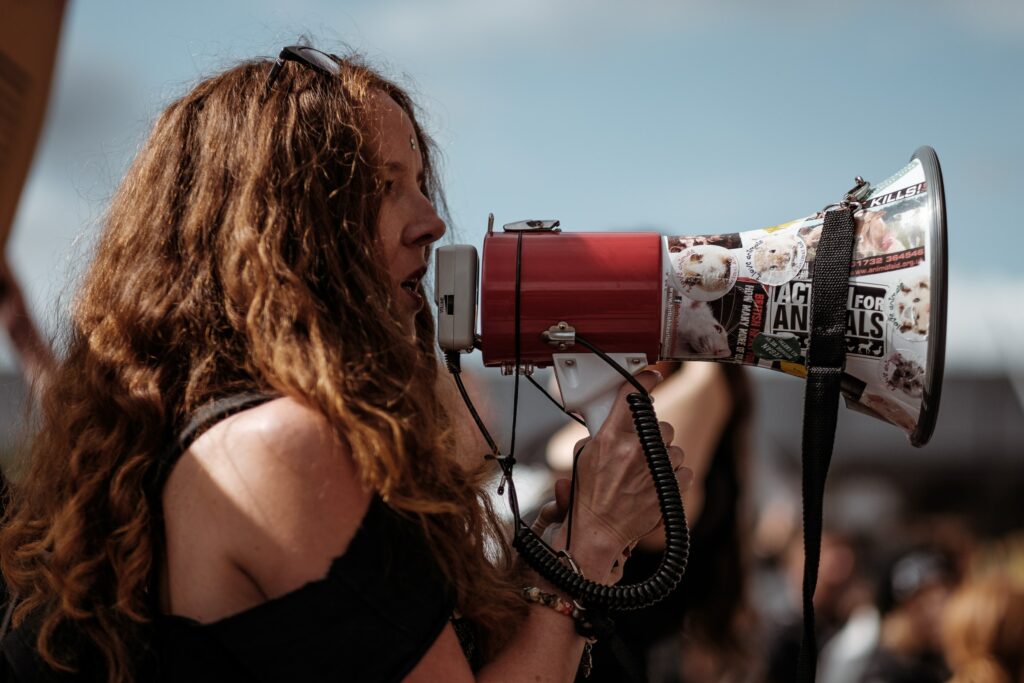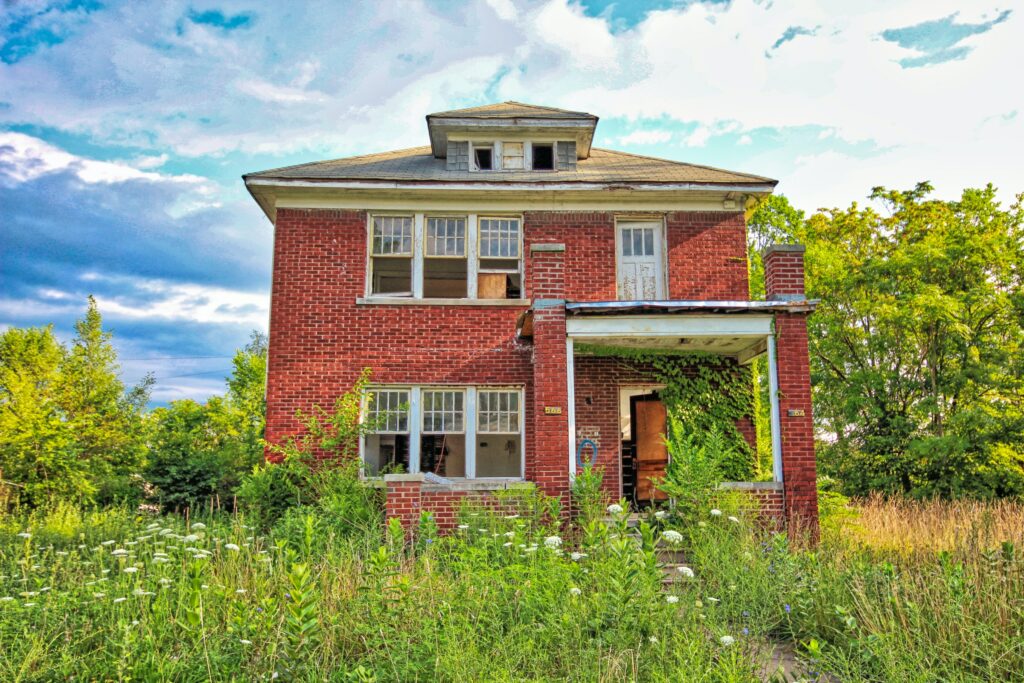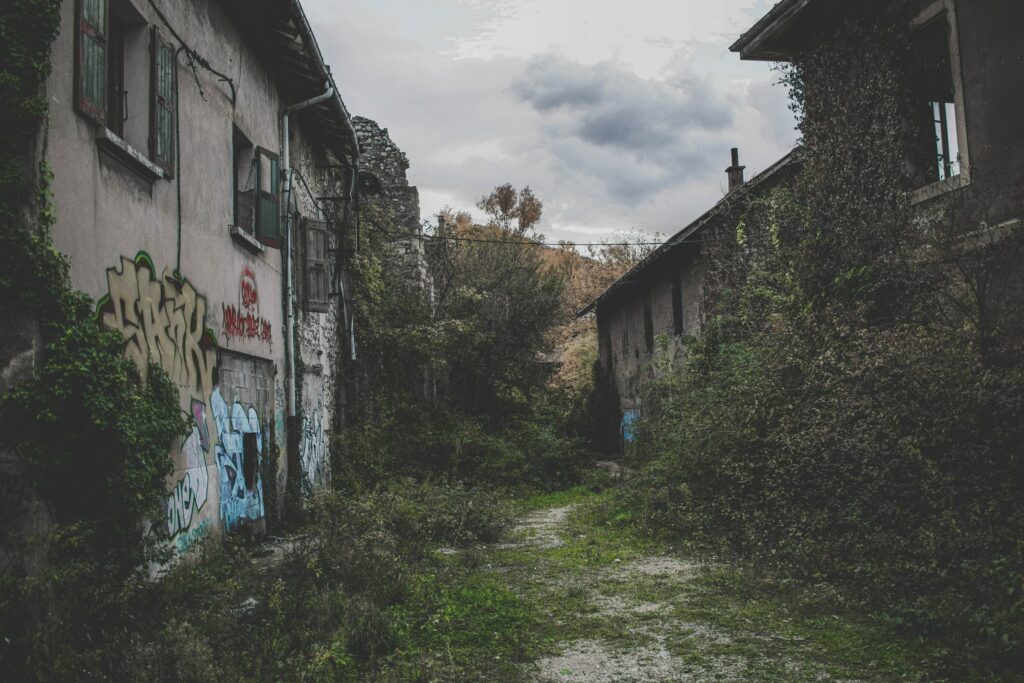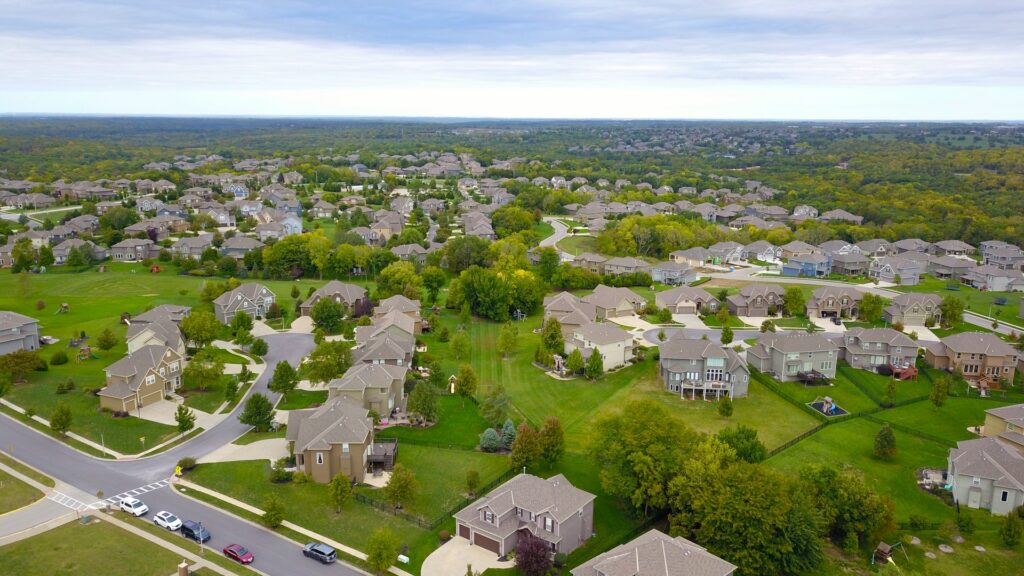Dealing With Bad Neighbors When Selling a House
April 27, 2022
When someone decides to purchase a home, they are not only investing in a new property; they are also investing in the neighborhood and nearby community. A home buyer may find a house to be perfect but if the neighborhood doesn’t live up to the same expectation they could quickly fall out of love with the property. Families with kids especially look at the neighbors to see if they would be good people to raise their children around. Whether they are loud or unkempt, bad neighbors can make selling your house extremely difficult.
Luckily, we have prepared a blog post that provides different ways of dealing with bad neighbors when you are selling a house. Before we get to that. Let’s define the different types of bad neighbors that you will typically find.
5 Types of Bad Neighbors

5. The Noisy Neighbor
Noisiness may be one of the most common complaints homeowners have about their neighbors. Loud noises that are constantly being made make it hard to concentrate and they disrupt the peace many homebuyers are looking for within a neighborhood. If you live in close proximity to other houses and you have thin walls, noise level is even more important because it can disrupt your daily routine, even when the person isn’t trying to be loud. Having noisy neighbors is infuriating and can be an easy deterrent for any potential homebuyer.

4. Neighbor With An Unkempt Yard
Some homeowners are not into taking care of their property. They don’t like to cut grass or trim hedges and as a result, their yards look like a wild jungle. An unkempt yard is not only an eyesore but it also can lead to other problems. Grass and weeds can grow so tall that they start to obscure views. It can attract pests like snakes and rodents which allows them to come onto your property more frequently.
Other times neighbors can take care of their lawn but have a complete disregard for their garbage. The trash in someone’s yard can be anything from a junk car to littered garbage all around their lawn. Not only is this unappealing to look at but the piled-on trash can start to spread into your yard, diminishing your curb appeal.

3. Suspicious Neighbors
Neighbors that you feel unsafe around are some of the worst types of neighbors to have. They can be involved in illegal activity, be registered sex offenders, or just have a general menacing aura about them. Seeing these types of neighbors every day can make you feel on edge and stressed out. If a potential homebuyer feels unsafe about the neighbors then they will not want to purchase your house no matter how nice it is. Although there is not a lot you can do to change who your neighbors are, it is important to be aware of the types of people living near you.

2. Foreclosed Houses
Foreclosures have a wide range of influences. Not just on the homeowners who are in danger of losing their homes but they also have an impact on neighboring homeowners as well. A vacant foreclosed house can quickly become an eyesore. The windows may be boarded up, the grass may be overgrown, and the property can fall into a state of disrepair. These houses also tend to attract delinquents and vandals.
Foreclosures can also affect the values of neighboring property. Due to the appraisal process looking at nearby houses as comparables to determine a property’s value, a foreclosure can lower the value of the properties near it.

1. Neighbors Who Can’t Control Their Pets
An uncontrolled dog may be incredibly obnoxious and can even put other residents in the neighborhood in harm’s way. If a dog is constantly escaping its yard it can become a public nuisance. It may bark at passersby, run into the street, and damage other people’s property. Dogs that are not properly trained or socialized can be aggressive toward both humans and other animals. This is dangerous for kids who want to play outside as well as any other pets that are in the area.
Other small pets that run wild may not seem as big of a problem as an uncontrolled dog, but they can create other problems by going through other people’s trash, spreading disease, or being aggressive to other homeowners.
How To Sell a House With Bad Neighbors

Talk to the Neighbor Directly
Some people don’t consider how their actions or lack thereof will affect the people around them. Most people don’t want to be a problem for others. Communicating with the neighbors directly and clearly stating how you are affected by their actions can help the neighbor understand your perspective. After a dialogue is opened up, you can discuss ways to come to a resolution that is amicable for both parties. In the same way that studies have shown that building rapport is more effective than more forceful interrogation methods, the same applies when dealing with a neighbor. They will be more receptive to your needs if they feel a connection with you.

Let a Real Estate Professional Talk To The Neighbor
Not everyone is gifted with the ability to confront people head-on. There is a certain level of finesse needed to keep the conversation calm while still communicating the complaints against the neighbors effectively. If you find it difficult to talk to your neighbors directly about the issues you have with them, then it may be best to leave the responsibility to the real estate agent you are working with.
A great real estate agent is trained in the art of negotiations and regularly deals with difficult people in order to get the best deal for their clients. The agent can address the neighbor’s issues firmly but respectfully in order to come to a resolution.
Dealing with problematic neighbors along with all of the other responsibilities when selling your house takes a lot of time and energy. Luckily, there is a new real estate agent organization that streamlines your search to find a great agent. Negotiators are handpicked from amongst the top real estate agents in the country that have all proven their ability to go above and beyond for their clients.
By hiring a Negotiator, you’ll have an agent on your side who has a wealth of experience, real estate expertise, and an unrivaled work ethic working to get you the best deal possible. Contact your local Negotiator if you want to sell your home with ease.

Contact The HOA, If Possible
On the off chance that you are getting nowhere in your discussions with the neighbor and they continue their problematic behavior, then you may need to contact your Homeowner’s Association. HOAs can be extremely helpful in resolving conflicts between residents. However, it’s important to note that HOAs will only get involved if certain bylaws are being broken. Before contacting the HOA to file a complaint, try to review the general bylaws and gather as much evidence of the neighbor’s poor behavior as possible.
It’s also important to note that HOAs are only helpful when they are active and well-organized. So, if you live in an area where the HOA is not very active, then this may not be a viable option for you.

Hire a Lawyer
This is when things get serious. If circumstances have escalated to the point where you feel unsafe or you believe that the neighbor could diminish your property value, then it’s time that you consult the situation with a real estate attorney. There are legal actions you can take against a neighbor who is impeding the sale of your home. A lawyer can help you understand what your legal options are and how to move forward with them. Although working with a lawyer is expensive, so make sure that doing so is the very last resort.
Be Transparent With Prospective Buyers
Selling a house to a buyer without informing them about known issues with the neighbors or neighborhood could lead to legal issues later. The laws vary by state, but sellers are typically required to disclose any information that could affect the property value of the home in a seller disclosure.
Read More: 7 Things To Include In a Seller Disclosure Statement
A seller’s disclosure is a legal document that contains information on the current condition of the property, including the defects that may negatively impact the buyer’s purchase decision. The disclosures are not always limited to the condition of the property itself but may also include the condition of the neighborhood as well.
Depending on the city and state you are in, the laws may require you to disclose any known issues in the neighborhood. It’s best to consult with a real estate professional to figure out what you need to include in the disclosure and what you don’t.

